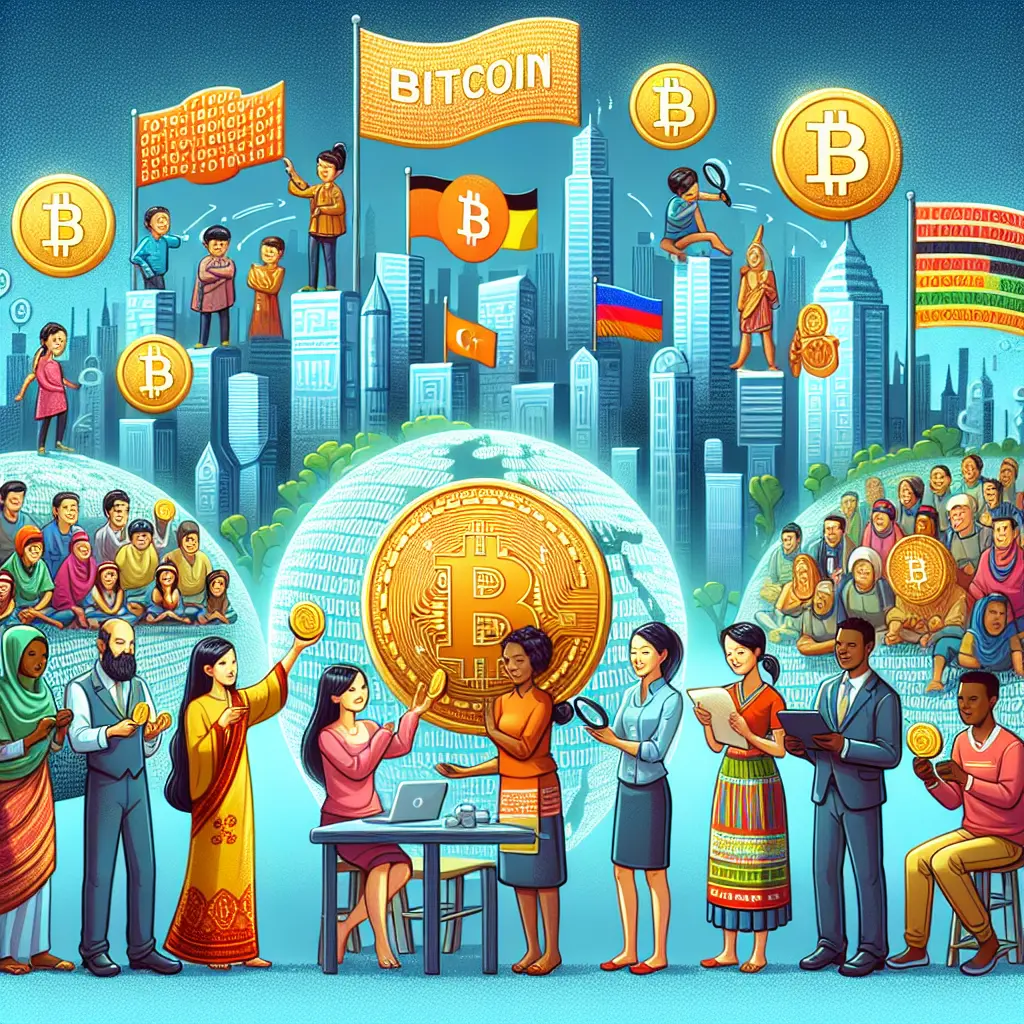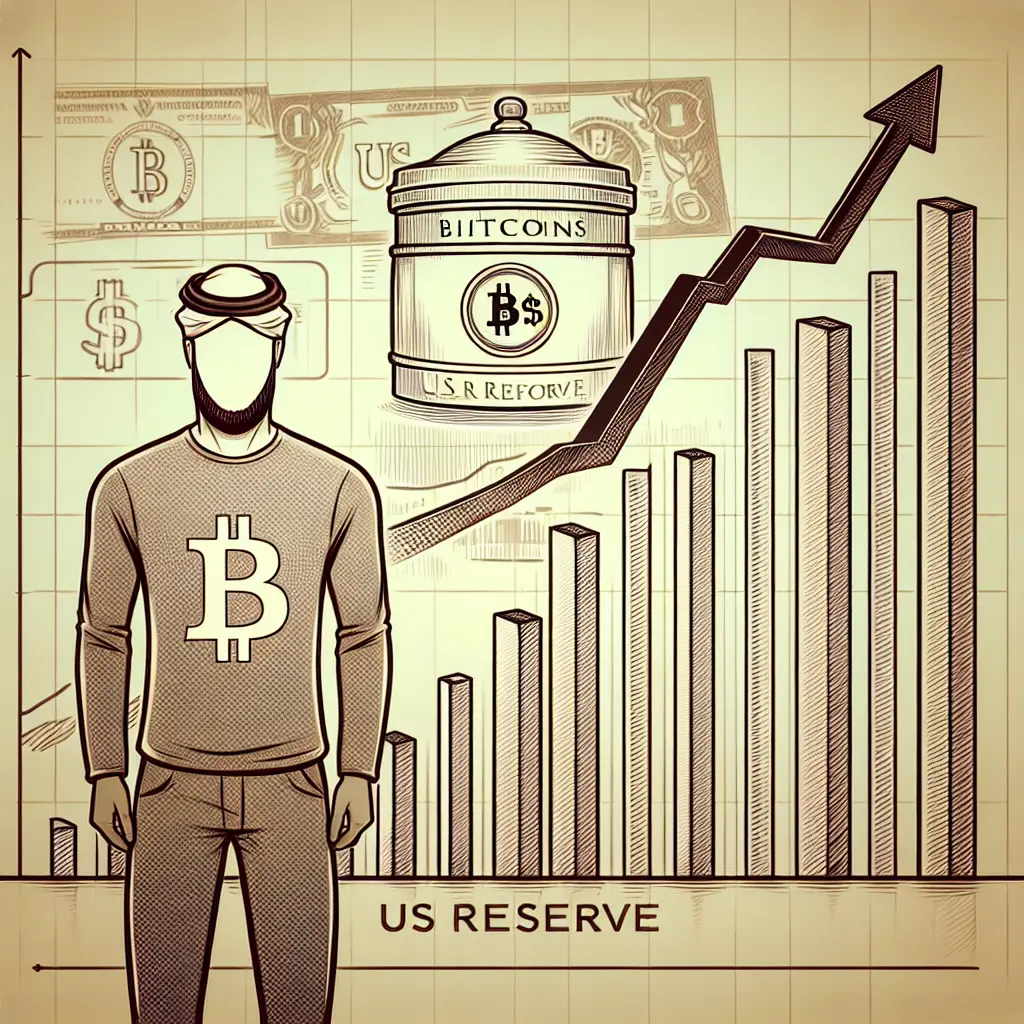As the digital age progresses, so too does the integration of novel financial systems like Bitcoin, a cryptocurrency that continues to reshape not only economies but societal structures worldwide. Understanding the "Bitcoin cultural perceptions" and the "cryptocurrency global acceptance" offers a fascinating glimpse into how this digital currency is influencing societies differently across the globe. In this blog post, we will delve deep into the "Bitcoin societal impact," exploring "cultural attitudes towards Bitcoin" and tracking the "global Bitcoin adoption."
Bitcoin Acceptance by Country: A Varied Landscape
Globally, the acceptance of Bitcoin varies significantly from one country to another, influenced by economic policies, financial stability, and cultural inclinations. In some nations, Bitcoin is embraced as an innovative financial solution, while in others, it faces skepticism and regulatory challenges. This disparity in "Bitcoin acceptance by country" highlights the complex interplay between technology and cultural norms.
For instance, Japan recognized Bitcoin as a legal payment method back in 2017, showcasing a progressive approach to cryptocurrency. Contrastingly, countries like Bolivia and China have imposed restrictions on its use, reflecting more cautious or controlled approaches to financial innovations.
Societal Views on Cryptocurrency: From Skepticism to Integration
Cultural Influence on Bitcoin Usage
The "cultural influence on Bitcoin usage" is particularly evident in how different societies perceive the value and utility of cryptocurrencies. In Western countries, where individualism and innovation are heavily promoted, there is a significant push towards using cryptocurrencies for investment and transactional purposes. Conversely, in regions where traditional banking systems are deeply ingrained and trusted, the shift towards digital currencies like Bitcoin is slower.
Exploring "Bitcoin in different cultures" reveals fascinating trends. In the U.S., there is a growing trend of using Bitcoin as an investment tool rather than just a currency. This shift is partly due to the speculative nature of Bitcoin and its portrayal in media as a lucrative, albeit risky, asset. Meanwhile, in parts of Europe, there is a strong focus on the potential of Bitcoin to enhance transactional efficiencies and bolster privacy.
Recent News and Updates
1. The ongoing investigation into Craig Wright's claims of being Satoshi Nakamoto, the pseudonymous creator of Bitcoin, adds a layer of intrigue and skepticism around the cryptocurrency's mysterious origins (source needed).
2. In Texas, a small village's decision to annex a large Bitcoin mine could signal a growing acceptance of cryptocurrency-related businesses at the local government level (source needed).
3. The political landscape also affects cryptocurrency acceptance. Silicon Valley's tepid reception of political figures highlights the tech community's cautious stance on regulatory changes that could impact cryptocurrency operations (source needed).
4. The repayment process initiated by Mt. Gox provides some closure to a long-standing saga that affected thousands of investors and significantly impacted public perception of Bitcoin’s security (source needed).
5. The German government’s ongoing transactions involving Bitcoin highlight its unique position in embracing cryptocurrencies within public administration (source needed).
6. The announcement of Donald Trump speaking at Bitcoin 2024 indicates the increasing interest and involvement of high-profile individuals in the cryptocurrency space (source needed).
Market Movements
Bitcoin’s price fluctuations continue to captivate investors and analysts alike. Recent slumps below $59,000 and surges past $68,000 reflect the highly volatile nature of this digital currency (source needed). These movements are closely tied to market sentiments influenced by regulatory news, technological advancements, and global economic factors.
Conclusion
The journey of Bitcoin across different societies showcases a complex tapestry of acceptance, resistance, speculation, and integration. From its varying acceptance by different countries to its diverse cultural impacts and societal views, Bitcoin remains a pivotal force in redefining financial interactions on a global scale.
As we continue to navigate through these evolving narratives, it becomes increasingly important to engage with these changes thoughtfully and critically. Whether you are an investor, a skeptic, or simply a curious observer, the story of Bitcoin offers invaluable insights into the future of money.
Thank you for joining me on this exploration of how different cultures around the world perceive and integrate Bitcoin into their economic and social fabrics. Stay tuned for more updates as we continue to witness the evolution of this fascinating digital currency.










Leave a Comment